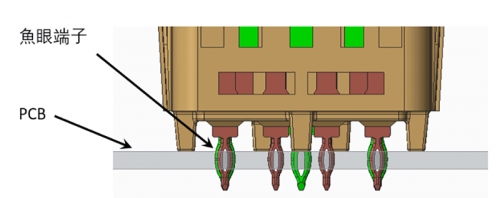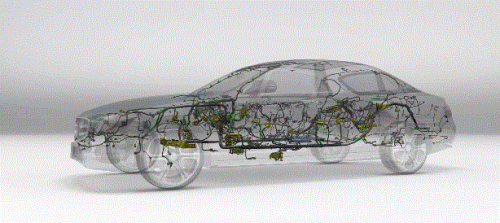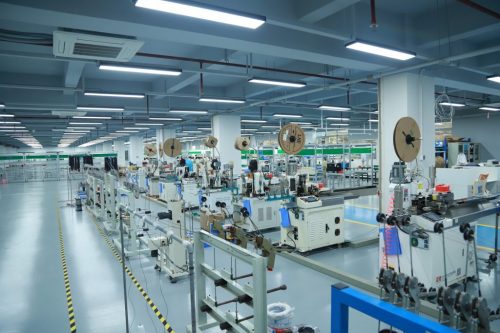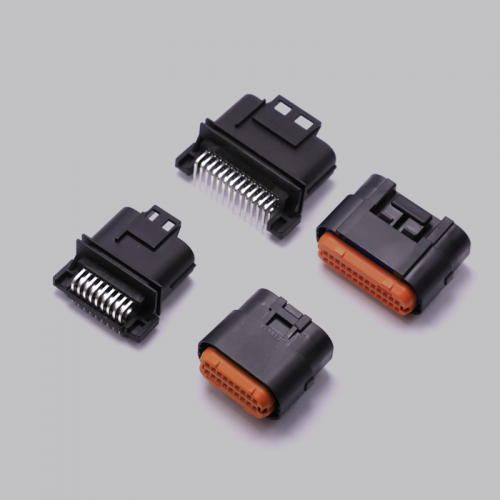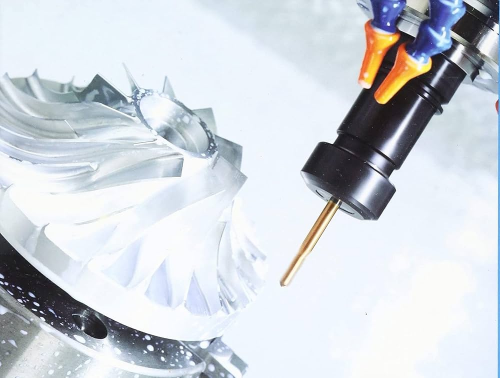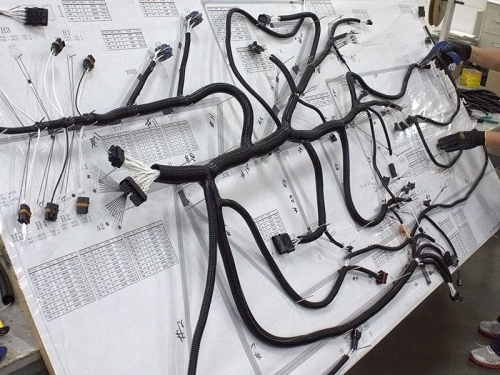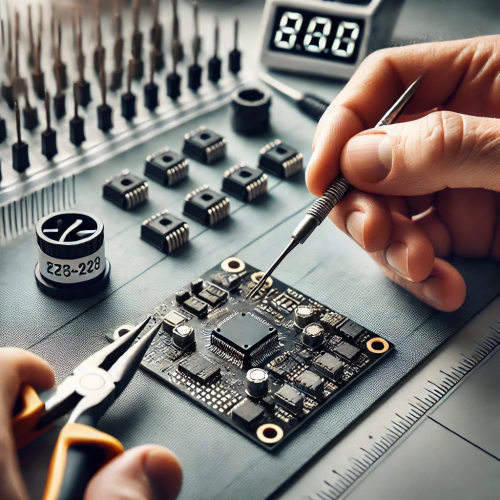Temperature has many effects on connectors, and every detail is crucial. Especially in high temperature environments, connectors will undergo a series of complex physical and chemical changes, which will affect their performance and reliability.

1. High temperature environment has a direct impact on the contact of the connector
The contact is a key part of the connector and is responsible for the transmission of electrical signals. However, under the action of high temperature, the contact will undergo plastic deformation, resulting in a decrease in contact pressure. This deformation is usually caused by the mismatch of the thermal expansion coefficients of metal materials. Long-term high temperature environment will cause the contact to continue to deform, the contact pressure will gradually decrease, and then cause the contact resistance to increase. When the contact resistance increases to a certain extent, it may cause contact failure, resulting in interruption of electrical signal transmission.
2. High temperature environments also have an effect on connector housing
The connector housing and insulator are usually made of metal and plastic materials, which will also undergo a series of changes in high temperature environments. For metal shells, high temperature will increase the metal activation energy and increase the metal activity, thereby accelerating the oxidation rate of the metal surface. The formation of an oxide layer will increase the contact resistance and reduce the electrical conductivity of the connector. In addition, metals may also experience creep at high temperatures, resulting in structural deformation and dimensional changes. For plastic insulators, high temperatures will cause chemical changes inside them and release organic gases. These gases will decompose into corrosive gases such as hydrogen sulfide and sulfur dioxide at high temperatures, further corroding internal components. At the same time, high temperatures will also soften plastic materials, reducing their mechanical strength and insulation properties.
3. The production process of connectors is also affected by temperature.
Injection molding is an important part of connector production, and the injection molding temperature determines the melting state of the raw materials. The appropriate injection molding temperature can ensure that the plastic material is fully melted and forms a uniform melt. However, too high an injection molding temperature will cause the plastic material to degrade and the molecular structure to be destroyed. The performance of the degraded plastic material will decrease, which is manifested as color change, increased hardness and reduced toughness. In addition, high temperature will also cause the crystal structure of the plastic to change and decompose, resulting in defects such as bubbles and cracks. These defects will affect the structural stability and electrical performance of the connector.
4. High temperatures exacerbate micromotor wear on connector contacts
In addition to the above effects, high temperature will also aggravate the fretting wear of the connector contacts. During the plug-in process, due to factors such as vibration stress, the contacts will experience continuous fretting wear. This wear will cause the contact surface to gradually become rough and increase the contact resistance. Long-term fretting wear combined with reduced contact pressure and vibration shock will lead to contact interruption. The instantaneous disconnection phenomenon refers to the phenomenon that the contact loses contact in a short period of time, resulting in the interruption of electrical signal transmission. In addition, fretting wear will also cause pitting, oxidation and shedding of the protective layer, further accelerating the failure process of the contact.
Summarize
Given the important impact of temperature on connector performance, KONNRA Connectors is committed to providing high-quality automotive-grade connectors. Our connectors are made of high-quality materials and advanced processes, with excellent high-temperature resistance and stable electrical performance. Whether in high or low temperature environments, KONNRA connectors can maintain a stable connection state to ensure the transmission quality of electrical signals. We pay attention to details and quality control, and have carried out rigorous testing and screening in terms of raw material selection, injection molding temperature control, contact design and production processes. Through continuous optimization and innovation, we provide customers with reliable and efficient connection solutions to help customers stay ahead of the competition.


